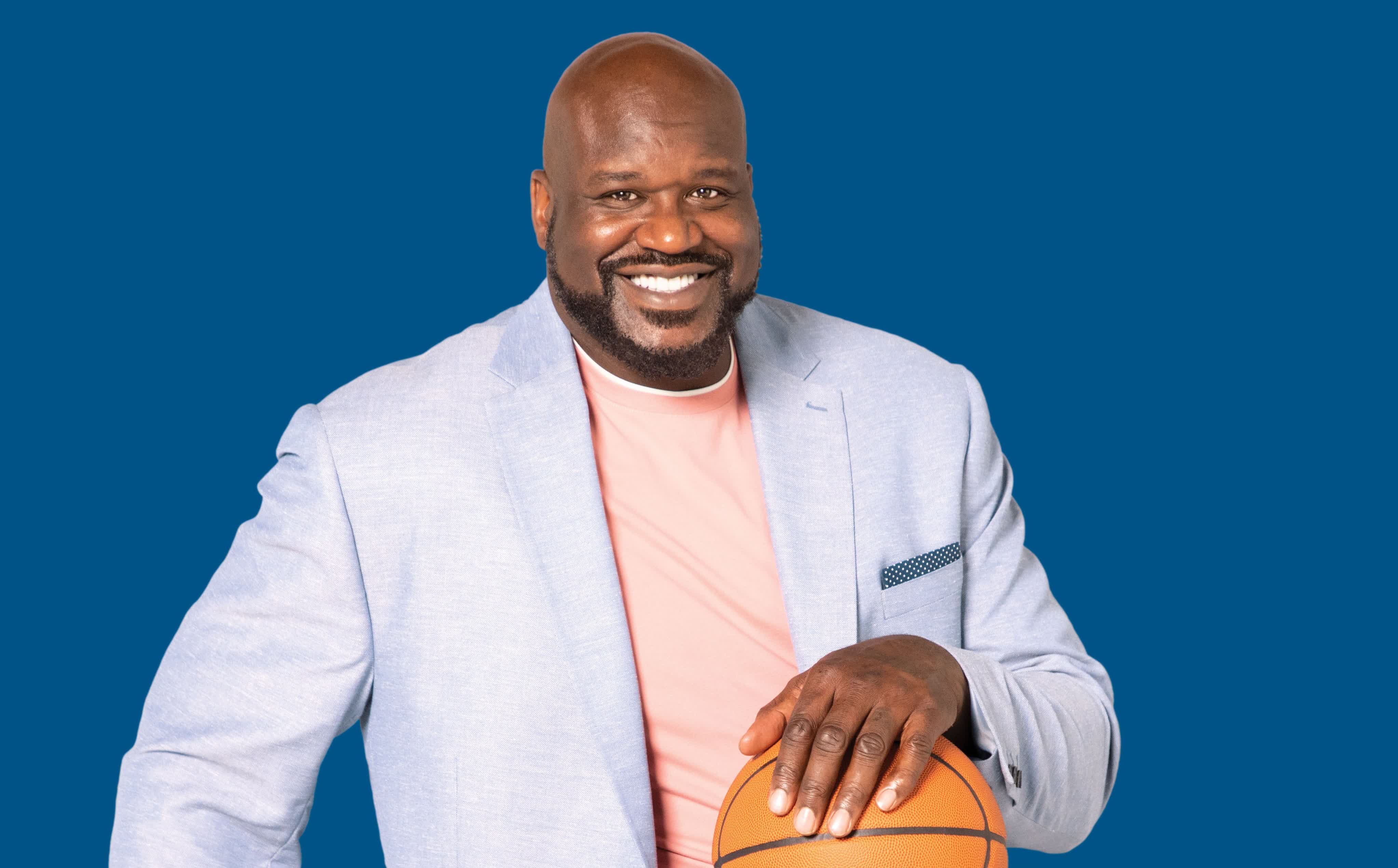What just happened? Shaquille O'Neal's long-running legal issues over his promotion of the now-bankrupt crypto exchange FTX appear to have ended. The former NBA star has agreed to pay $1.8 million to settle claims that he misled investors.
In November 2022, a class action lawsuit was launched by investor Edwin Garrison against FTX founder Sam Bankman-Fried, claiming he misled customers and cost investors billions of dollars in damages.
The suit named several celebrities and athletes who promoted FTX as co-defendants. It alleges that they "either controlled, promoted, assisted in [or] actively participated" in a plot to "aggressively market" the company.
The list included O'Neal, Larry David (who famously appeared in a Super Bowl ad for FTX), Tom Brady, supermodel Gisele Bündchen (Brady's ex-wife), Stephen Curry, baseball players Shohei Ohtani and David Ortiz, and businessman Kevin O'Leary.
In May, after O'Neal announced a settlement in principle, Judge K. Michael Moore mostly dismissed cases against the other celebrities, though investors will be able to re-plead their claims against them.
While the other celebrities accepted service of the complaints at the time, it took three months to serve O'Neal, who was finally served the papers outside his Atlanta home after "hiding and driving away from our process servers," according to The Moskowitz Law Firm.
According to the plaintiffs, O'Neal partnered with FTX, which sponsored his music festival business, Shaq's Fun House. O'Neal also posted text and videos about the partnership to social media.
In his commercial for FTX, O'Neal, who previously admitted to not understanding crypto, said he was "all in" on digital currencies, asking, "are you?" Following FTX's collapse, O'Neal said he was "just a paid spokesperson."
The investors, who also sued FTX insiders, third-party advisers, and others, are seeking damages of about $21 billion beyond the $9.2 billion available in bankruptcy court.
O'Neal probably wishes he never got involved in the digital asset business. In May 2023, he was hit with a lawsuit over his founding and promotion of the Solana-based Astrals NFT project, which the suit claims were "unregistered securities."
In April, a Florida federal judge granted final court approval for O'Neal to settle the class-action for $11 million with Astrals NFT buyers.

